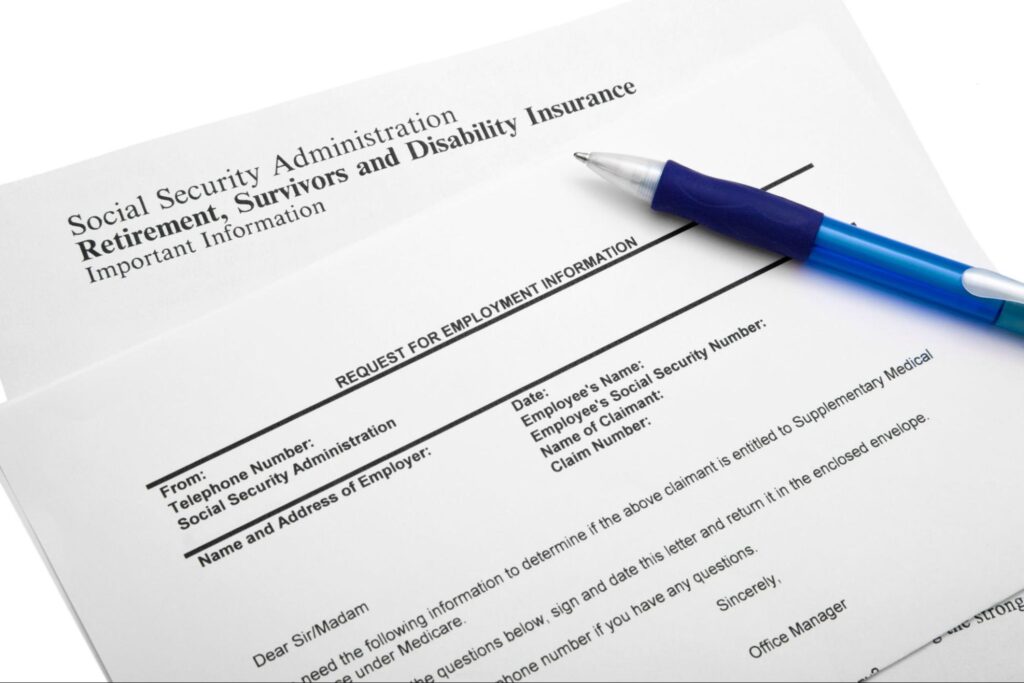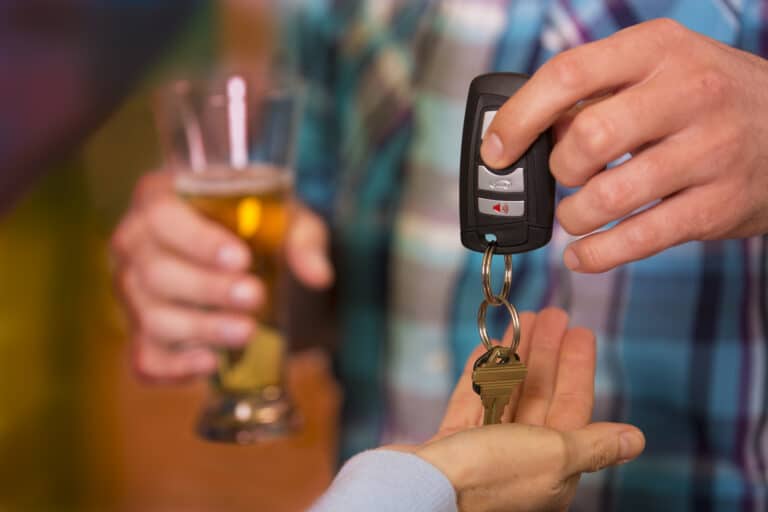Social Security Survivor’s Benefits: Info & Eligibility

After suddenly losing a loved one, surviving family members are often left with many unanswered questions, including how to cope with the financial consequences of the loss. However, there may be several death benefits that can financially help you and your family during this challenging time. Social Security may be one of those options.
Here is what you need to know about Social Security survivor’s benefits and your eligibility to receive these payments after a loved one passes away.
Does Social Security pay survivor’s benefits?
Most people think of Social Security as a retirement plan provided by the government, but this is only one component of this system. There are actually three parts to the Social Security system:
- Retirement funding
- Disability insurance
- Life insurance
Although some requirements must be met before qualifying for payments, Social Security will often provide what is called “survivor’s benefits” designed to help a family after losing a loved one. These ongoing payments are surprisingly available to many people who don’t even realize Social Security offers them.
Who is eligible for Social Security survivor’s benefits?
While every circumstance is different, here are some instances in which families may qualify for Social Security survivor’s benefits:
1. Your Spouse Dies and Your Children Are Minors
When your spouse passes away and you’re caring for their children who are under the age of 18, you should qualify to collect survivor’s benefits from Social Security. In some cases, the benefits will also extend to adopted children, grandchildren, and step-children.
2. Your Spouse Dies and You’re Over 60
If you’re over the age of 60 when you lose your spouse, you should automatically qualify for Social Security survivor’s benefits regardless of whether you have minor children or not. However, you must be at least 60 years of age at the time of your loved one’s death.
3. You’re Over 62 and Were Dependent on a Child Who Died
Some parents are dependent on an adult child who suddenly passed away. For those who are over the age of 62 when this devastating event happens, you should qualify to claim survivor’s benefits from Social Security after your child’s death.
4. You’re Divorced and Your Ex-Spouse Dies (In Some Cases)
When you were married but are now divorced and your ex-spouse passes away, you may be able to collect Social Security survivor’s benefits. However, you must meet the requirements to qualify:
- You were married for at least 10 years
- You’re caring for your ex’s child who is under 16 or became disabled before turning 22
- You’re at least 60 years old or, if you’re disabled, 50 years old
- You are single or remarried after the age of 60 or 50 if disabled
There is also a one-time Social Security benefit of $255 that is available to a surviving spouse. The only requirement is that you were living together at the time of your spouse’s death. If there is no surviving spouse, a child may be eligible to receive the $255 benefit from Social Security. While this amount might seem trivial, it can still help with some expenses after a sudden loss.
How do I collect Social Security survivor’s benefits after losing a loved one?

To apply for survivor’s benefits, you must notify Social Security immediately after your loved one dies. Remember, this cannot be done online. In most cases, the funeral home will be the one to report the death to Social Security through a death certificate. For this reason, it’s essential to provide your loved one’s Social Security number to the funeral home if you want them to complete the report.
To apply for survivor’s benefits, here are some Social Security documents you may need to complete the application:
- Widows/Widowers or Surviving Divorced Spouse’s Benefits
- Child’s Benefits
- Mother’s or Father’s Benefits
- Lump-Sum Death Payment
- Parent’s Benefits
Depending on your situation, find the appropriate form and fill it out as best as possible. Then, either bring the documents to your local Social Security office or mail them.
What if I don’t know my loved one’s Social Security number?
Not having a loved one’s SS number is more common than you might think. However, it’s crucial to have this number to complete the death certificate and to apply for benefits. If you don’t have this number, here are some places to look:
- Speak with your loved one’s place of employment. They are required to have the SS number of all employees and freelancers, so they should be able to help you with this information.
- If your loved one wasn’t employed, try to find their last employer. They will still have records of previous employees on file, including Social Security numbers.
Be proactive about survivor’s benefits
It’s important to be proactive when it comes to applying for survivor’s benefits. Just because your loved one’s death was reported, it doesn’t automatically mean you’ll start getting survivor’s benefits, even if you qualify. And in some cases, these payments may not be retroactive and you’ll be missing out on money that can help your family.
Although losing a loved one is a difficult time, it’s crucial to take the time to apply for these helpful benefits. If you need help or support when filling out your application, contact Social Security at 1-800-877-1213 between 7:00 a.m. and 7:00 p.m. EST, Monday through Friday, for more information.
Need legal help after the loss of a loved one?
If you’re considering legal action after the death of a family member, an experienced wrongful death attorney may be able to help. In some cases, your loved one’s death could have and should have been prevented. To learn more about wrongful death cases and to see if your family qualifies to bring a claim, contact Kyle Bachus and the Elite Litigation Group today.





